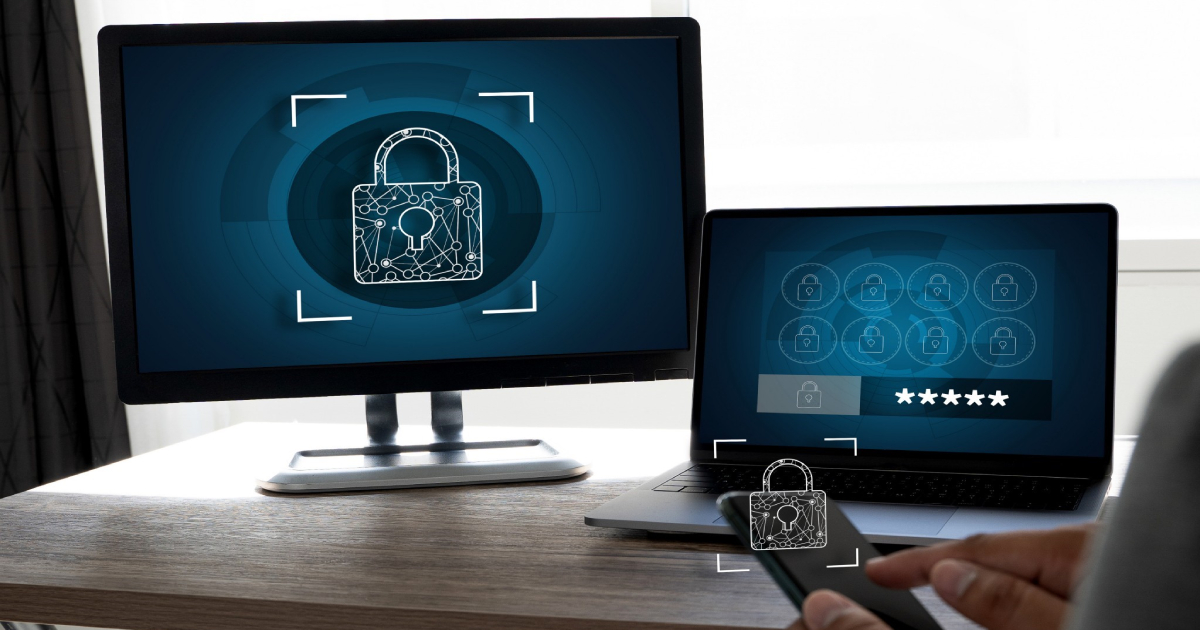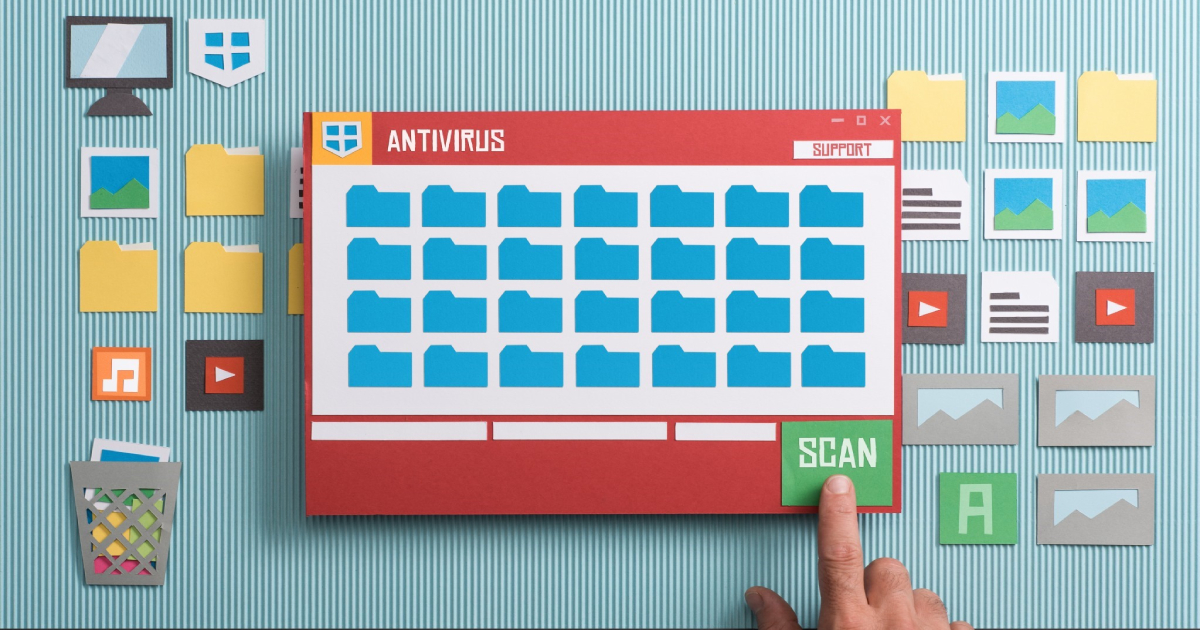In a technology-driven, interconnected world, the obvious benefits of technology can sometimes be obscured by the dangers of working, shopping, and playing online. If it’s not someone trying to steal or ransom your data, it’s malware and dangerous payloads looming over everywhere we visit on the world wide web.
But the internet and working online can offer plenty of fantastic things, so keep yourself safe using a few simple tools to bolster your cybersecurity. One of them—maximum security software—can reinforce your online security exceptionally well.
Here are five amazing benefits of maximum security software you need right now.
Browsing Privacy

Browsing the internet can be a very fun activity under most circumstances. It’s also a useful way to research, gather information, shop, and perform various job duties depending on your work. Unfortunately, browsing the internet isn’t exactly private. Your internet service provider, or ISP, can see what you’re doing online.
Whether it’s too many cookies invading your privacy, websites that track you, or other potential problems, there’s a compelling need to browse privately. You can start by turning on private or incognito modes on your desired browser, but ultimately it’s better to supplement your privacy/security with security software.
Maximum security software and virtual private networks can help you retain your privacy while online, so be sure to look for a solution that can help you stay private without much setup or difficulty.
Family Protection
Safeguarding your own privacy is important, but protecting your family while online is probably even more essential. There’s a good reason for protecting your family online.
Threats are ubiquitous and can cause financial, reputational, or other damage. You also might want to restrict the content your kids can access or protect them from inappropriate media.
In that case, using family protection can help you:
- Setting rules and time limits
- Observing their social media activity and ensuring there are no extant threats to them while using those platforms
- Monitoring internet usage
- Using family protection plans on your security software
- Prevent them from giving out personal information
Most operating systems have some sort of built-in family protection, but you can get something much stronger with a dedicated security suite.
Financial Transaction Security

Almost everyone banks and/or makes purchases online these days. Online financial transactions make up a big part of financial transactions on a global scale, making them an enticing target for thieves.
Utilizing software that monitors for potentially fraudulent activity and alerts you to unsecured (or even dangerous) websites before you click on them can help you to keep your credentials/financial information safe.
Security software can also flag possible fraud, ultimately securing the data that matters most to you so you can enjoy the best of what technology has to offer without fear of having your data stolen or compromised.
Financial data is a major target for thieves and hackers, so safeguarding and protecting everyone who uses the internet from your devices is the most critical thing you can do to keep that type of data safe.
Better Performance
Regardless of how you use your devices, performance matters. Ideally, you want to achieve high performance from your devices while simultaneously keeping them safe from hackers.
Using maximum security software is the simplest, most direct way to boost performance. By keeping your PC virus and malware-free, you can keep it running faster. That ends up making things run smoother simply because if viruses can’t propagate onto your system, they can’t replicate and bog things down either.
Keeping everything updated and all of your virus definitions up-to-date within the software can also give your computer a speed boost, making it run better without the threat of malware.
Fraud Protection

In addition to malware, viruses, and ransomware, fraud can be a real pain in the neck. Most fraud and fraud attempts come in the form of one of the most prevalent fraud attempts on the internet: phishing scams.
These will come as emails that appear to be from legitimate websites but when you click on them will take you to a spoof website. Everything looks the same on the surface, but there might be a few inconsistencies here and there.
When you start putting in your information, the site essentially steals your data. This results in the compromise of your data and personal information.
That can lead to credit cards, financial fraud, and other types of fraud that will negatively affect you. To avoid following victims of such scams, it’s important to know what to look for in the architecture of these types of emails. It’s also wise to make sure that you have a maximum security software suite and place that helps alert you to potential scams.
You never want to let yourself fall victim to a phishing attempt and you can readily avoid it by using the right cybersecurity tools.
